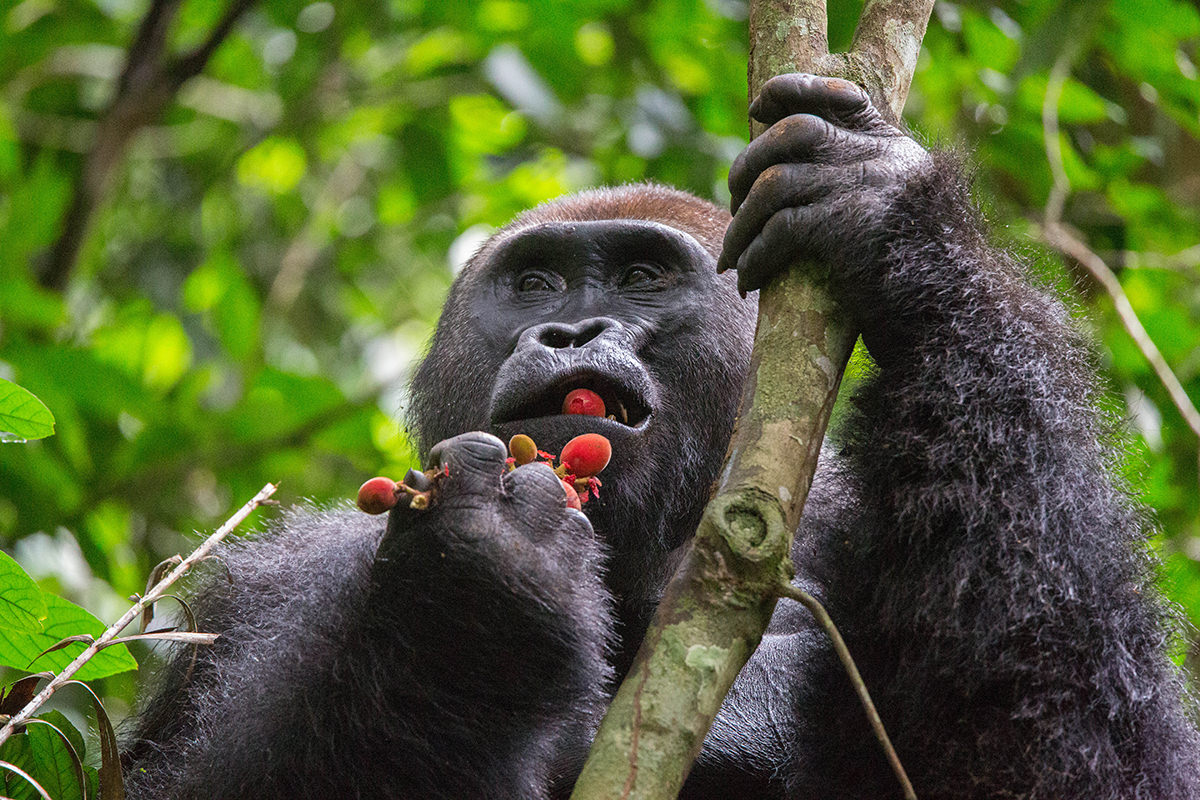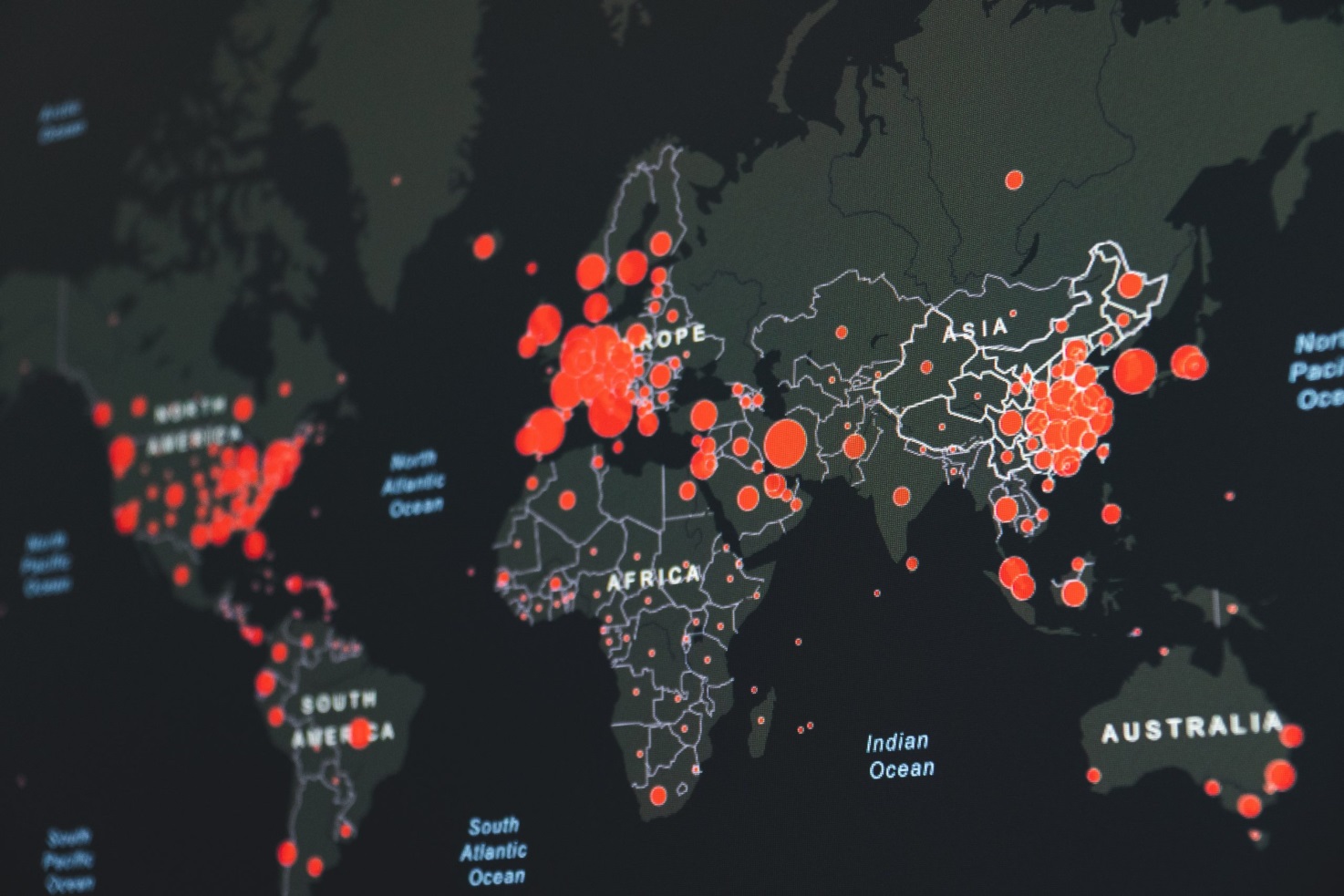
In order to rapidly develop vaccines against Covid-19, researchers are using genetic engineering instead of traditional methods, which take years of development. Vaccines based on DNA or RNA have already reached human tests, but it is not yet clear whether they will work.

Appartiene alla stessa famiglia di Sars-Cov-2, ma colpisce una specie diversa dalla nostra. È il coronavirus enterico felino (FEPV), un virus gastrointestinale apparentemente innocuo, che può però mutare in una forma aggressiva, responsabile di una malattia sistemica letale – la peritonite infettiva felina (FIP).

The greatest danger of Covid-19 is its high contagiousness, which is leading to the collapse of our health system in the most affected regions. Although this virus is similar to that of Sars, it also has unique characteristics, thanks to which it spreads much faster.

Covid-19 rappresenta una minaccia globale soprattutto a causa della sua elevata contagiosità, che sta portando al collasso il nostro sistema sanitario nelle regioni più colpite. Benché questo virus sia simile a quello della Sars, presenta anche caratteristiche uniche, grazie alle quali si diffonde molto più rapidamente.

Sars-Cov-2 is mutating. There are at least 8 subtypes differently distributed between Europe, North America and China. Fortunately, most of the variations are negligible and for now there is no sign that the virus is changing towards a more aggressive form. But the way the coronavirus changes and spreads is very important to combat the pandemic and develop vaccines that can evolve just as quickly.

Sars-Cov-2 sta mutando. Esistono almeno 8 sottotipi con diversa diffusione tra Europa, America settentrionale e Cina. Per fortuna le variazioni sono trascurabili e la maggior parte della comunità scientifica concorda che non c’è per il momento alcun segnale che il virus stia mutando verso una forma più aggressiva. Ma il modo in cui il coronavirus muta e si diffonde è di fondamentale importanza per combattere la pandemia e mettere a punto vaccini in grado di evolvere altrettanto rapidamente.

It belongs to the same family as Sars-Cov-2, but affects a different species. The feline enteric coronavirus (FEPV) is a harmless gastrointestinal virus that can mutate into an aggressive form responsible for a lethal systemic disease - feline infectious peritonitis (FIP).

The Covid-19 pandemic has raised awareness about zoonoses, the diseases transmitted by animals to humans. But there are also reverse zoonoses, and they appear to be increasing. They occur when humans transmit pathogens to animals. Their number, as well as that of traditional zoonoses, is expected to grow. Unless we intensify research in the field and adopt a One Health approach, which recognizes the interdependence between the health and well-being of people and animals.

Negli ultimi venti anni, tre coronavirus sono riusciti a compiere il fatidico salto di specie nell’uomo dando origine a epidemie diffuse: SARS-cov nel 2003, MERS-cov nel 2012 e SARS-Cov-2nel 2019.

In the last twenty years, three coronaviruses have managed to make the leap in human species and spread globally: SARS-Cov in 2003, MERS-Cov in 2012 and SARS-Cov-2 in 2019.

Vaccinare la fauna selvatica potrebbe bloccare la prossima pandemia. Dopo Sars-Cov-2 altri patogeni potrebbero compiere il fatidico salto di specie dagli animali all’essere umano. L’unico modo per proteggere la nostra specie è quello di giocare d’anticipo, impedendo la diffusione del virus nella popolazione animale.

Vaccinating wildlife could stop the next pandemic. After Sars-Cov-2 other pathogens will leap from animals to humans: we may protect our species by preventing the spread of the virus in the animal population.

Per sviluppare rapidamente vaccini contro Covid-19, i ricercatori stanno usando l’ingegneria genetica invece dei metodi tradizionali, che richiedono anni di sviluppo. Vaccini a base di DNA o RNA sono già arrivati ai test sull’uomo, ma non è ancora chiaro se funzioneranno.

La pandemia Covid-19 ha acceso i riflettori sul problema delle zoonosi, le malattie trasmesse dagli animali all’essere umano. Ma esistono anche le zoonosi inverse, e pare che siano in aumento. Si verificano quando gli uomini trasmettono agenti patogeni agli animali. Il loro numero, così come quello delle zoonosi tradizionali, è destinato a crescere. A meno di non correre seriamente ai ripari, intensificando le ricerche nel campo e adottando un approccio One Health, che riconosca l’interdipendenza tra la salute e benessere di persone e animali.









